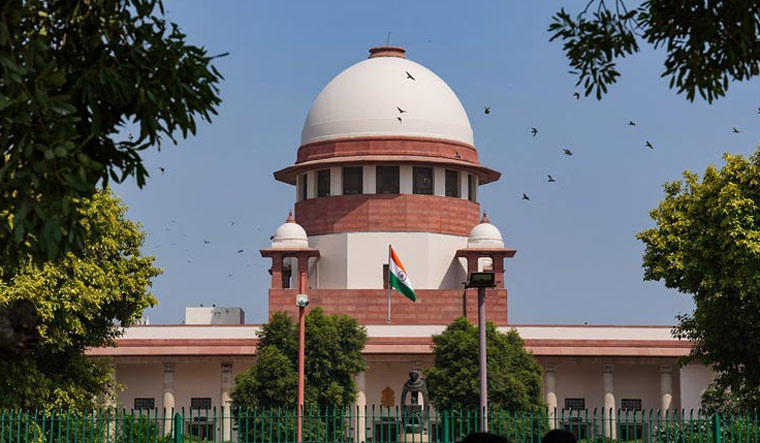Declaring that women cannot be left out, the Supreme Court on Monday told the Centre to ensure that women are granted permanent commission in the Indian Coast Guard and said the court will do it if the government doesn't.
A bench comprising Chief Justice D Y Chandrachud and Justices J B Pardiwala and Manoj Misra said this while taking note of submissions by Attorney General R Venkataramani that there were some functional and operational difficulties in granting permanent commissions to Short Service Commission Officers (SSCOs).
"All these functionality etc argument does not hold water in the year 2024. Women cannot be left out. If you do not do it, we will do it. So take a look at that," the CJI said.
The attorney general also apprised the bench that a board has been set up by the Indian Coast Guard (ICG) to look into the issues.
"You must have women on board," the bench said, fixing the plea for hearing on Friday as the matter could not be taken up due to paucity of time on Monday.
Previously, the bench had said that the maritime force must come up with a policy which treats women "fairly".
The top court was hearing a plea filed by Indian Coast Guard officer Priyanka Tyagi seeking the grant of permanent commission to eligible women short-service commission officers of the force.
"You speak of 'nari shakti' (woman power). Now show it here. You are in the deep end of the sea in this matter. You must come up with a policy which treats women fairly," the bench had observed then.
It had also asked whether the Union was still adopting "a patriarchal approach" despite the judgments of the top court on the grant of permanent commission to women officers in the three armed forces Army, Air Force and the Navy.
"Why are you being so patriarchal? You do not want to see the face of women in the Coast Guard," the bench had asked Additional Solicitor General Vikramjit Banerjee, who appeared for the ICG earlier.
The bench said the petitioner was the only Short Service Commission woman officer who was opting for permanent commission and asked why her case was not considered.
"Now, the Coast Guard must come up with a policy," the bench said.
It had earlier asked the law officer to peruse the judgments granting permanent commissions to women officers in the three defence services.
The bench had also sought to know whether there was a provision for a permanent commission for women in the Coast Guard.
On being told that 10 per cent permanent commission can be granted to women officers, the bench had asked, "Why 10 per cent... are women lesser human beings?"
It had asked why the ICG was not granting women permanent commissions when the Indian Navy was. The court had also directed the Centre to come up with a gender-neutral policy on the issue.



